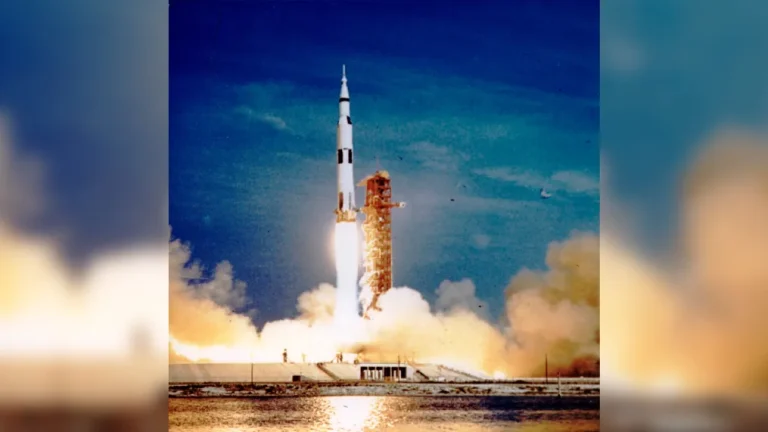Nigeria will soon choose its next space representative through a new democratic selection process launched today by the Space Exploration & Research Agency (SERA). The program allows citizens of Nigeria, India, Indonesia, Brazil, and Thailand to vote for who represents them in space using a blockchain-powered platform.
This is a major change from the past, where astronauts were usually chosen by governments, the military, or academic institutions. Through SERA’s Mission Control platform on Telegram, any citizen of the partner countries can now apply and gain support from their communities for a chance to go to space.
Joshua Skurla, SERA’s co-founder, said: “After the success of SERA’s first space flight in 2022, we are now expanding democratic space access to five nations and one global seat. For Nigeria, this means anyone, no matter their background, can be chosen directly by the people to go to space.”
According to a statement by Dr. Felix Ale, spokesperson of the National Space Research and Development Agency (NASRDA), the initiative builds on SERA’s earlier success. In 2022, SERA sent Victor Hespanha, chosen by his community, to space on Blue Origin’s New Shepard. He became South America’s first civilian astronaut. This achievement proved the model works and showed the global desire for wider space participation.
For Nigeria, the program offers a historic chance. While the country has made progress in space science through NASRDA, and seen Mr. Owolabi Salis fund his own Blue Origin flight, this is Nigeria’s first opportunity for a community-selected civilian astronaut.
Dr. Matthew Olumide Adepoju, Director General of NASRDA, said: “This partnership fits our vision of expanding Nigeria’s space presence from satellites to human spaceflight. SERA’s democratic method ensures Nigerian representation in space reflects the dreams of our diverse people.”
Dr. Anne Agi, President of Learnspace Foundation, which helped bring the partnership, added: “We are connecting communities, institutions, and industry. Nigeria’s journey to human spaceflight must be inclusive and part of the global movement for shared exploration.”
The selection will happen on SERA Mission Control, a Telegram mini-app built on the TON Blockchain. Candidates will face challenges to earn “SpaceDust” points while competing for their country’s guaranteed seat. The blockchain system ensures fairness and prevents manipulation, while Telegram makes the process accessible worldwide.
Sam Hutchison, another SERA co-founder, said: “We are opening space to people who never thought it possible. A teacher in Abuja or a content creator in Lagos can now compete, not just by credentials, but through community support.”
In total, six seats are available for the upcoming Blue Origin mission: one each for the five partner nations, including Nigeria, and one global seat open to citizens of any country. Communities will also propose and vote on science experiments, allowing more people to contribute to space research.
SERA says its mission helps address the lack of representation in space. Since 1961, about 800 people have gone to space, but none from Nigeria, India, Indonesia, or Thailand. Billions of people in these countries have never had the chance for one of their own to fly as a community-backed astronaut.
Max Crown, CEO of the TON Foundation, said: “SERA Mission Control is space exploration reimagined for the social media generation. By launching on TON within Telegram, we make space travel an interactive, community-driven experience.”
The platform is also one of the most ambitious consumer uses of blockchain beyond finance. It offers fair voting and fun, gamified activities to keep people engaged.
Applications are now open on the SERA Mission Control Telegram app. Timelines for voting and final astronaut selection will be announced soon. Those selected will receive full Blue Origin safety training before their flight.


